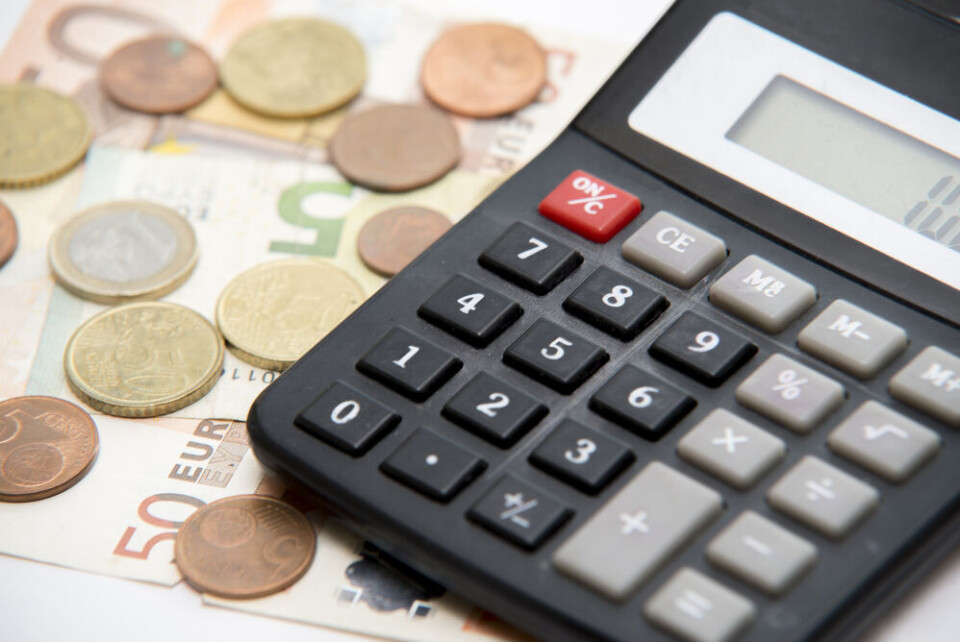-
Repayable-on-death equity release loans open again to non-EU retirees
Products have recently started being offered by bank group again after it paused them in 2019
-
Insurance denied for Britons' French hilltop home due to 'flood risk'
Underwriters decided to end cover linked to alleged proximity to water
-
How is French property faring?: Key points in latest notaire review
Number of transactions is rising year on year
Does an increase in French property prices mean more pay wealth tax?
We look at determining the eligibility and calculation criteria for property wealth tax in France

Reader question: I have heard that in some areas second homes bought for modest prices years ago have surged in value to the extent that people are now being told they should declare for property wealth tax. How do we know when we are eligible for this?
Non-residents are eligible to pay property wealth tax – impôt sur la fortune immobilière – if they have net French property wealth of €1.3million.
This is the same for residents on their worldwide property although there is an exemption for foreign property until the end of the fifth calendar year after the one in which a person became resident, if relevant.
To work out ‘net’ property wealth, it is necessary to obtain a realistic estimate of the value of any phyiscal property or unbuilt land which is owned.
It can also relate to the value of any rights over property or shares in companies set up to invest in land.
Read more: French tax website crashes just a day before property form deadline
The relevant value is as at January 1, 2023. Outstanding associated debts as of that date – for example the amount outstanding on a mortgage or bills yet to be paid for improvement works can be deducted.
The estimated taxe foncière sum for this year on the property can also be deducted, and even the estimated amount of the IFI tax, which means doing a second calculation incorporating this, to calculate the final bill.
If your ‘net’ property wealth is under the €1.3million threshold, you do not have to declare.
For those eligible the actual tax is calculated on the part of the value exceeding €800,000, in rising bands starting from 0.5%.
It is up to you to calculate if you fall under this and to declare by the income tax return deadlines, either as part of the same declaration or, if you do not have French income, on a paper form.
Bills are sent in September. If you have an account at impots.gouv.fr there is a tool there that can help you estimate property values.
Last year, households paying IFI increased 7% compared to 2021, linked to rises in property values.
Insee records that average house prices in France have risen some 270% since 2000, with regional variation.
Thus, unsurprisingly, more people qualify to pay this tax especially when taking into account that the €1.3million threshold was fixed from 2016 (when it was a general tax on wealth) and has not changed since President Macron brought in the current version in 2018.
Related articles
Last-minute help with the French property form deadline looming
New website in France helps you work out tax for non-EU imports
Tax on airline tickets to rise in France to fund train investments
























